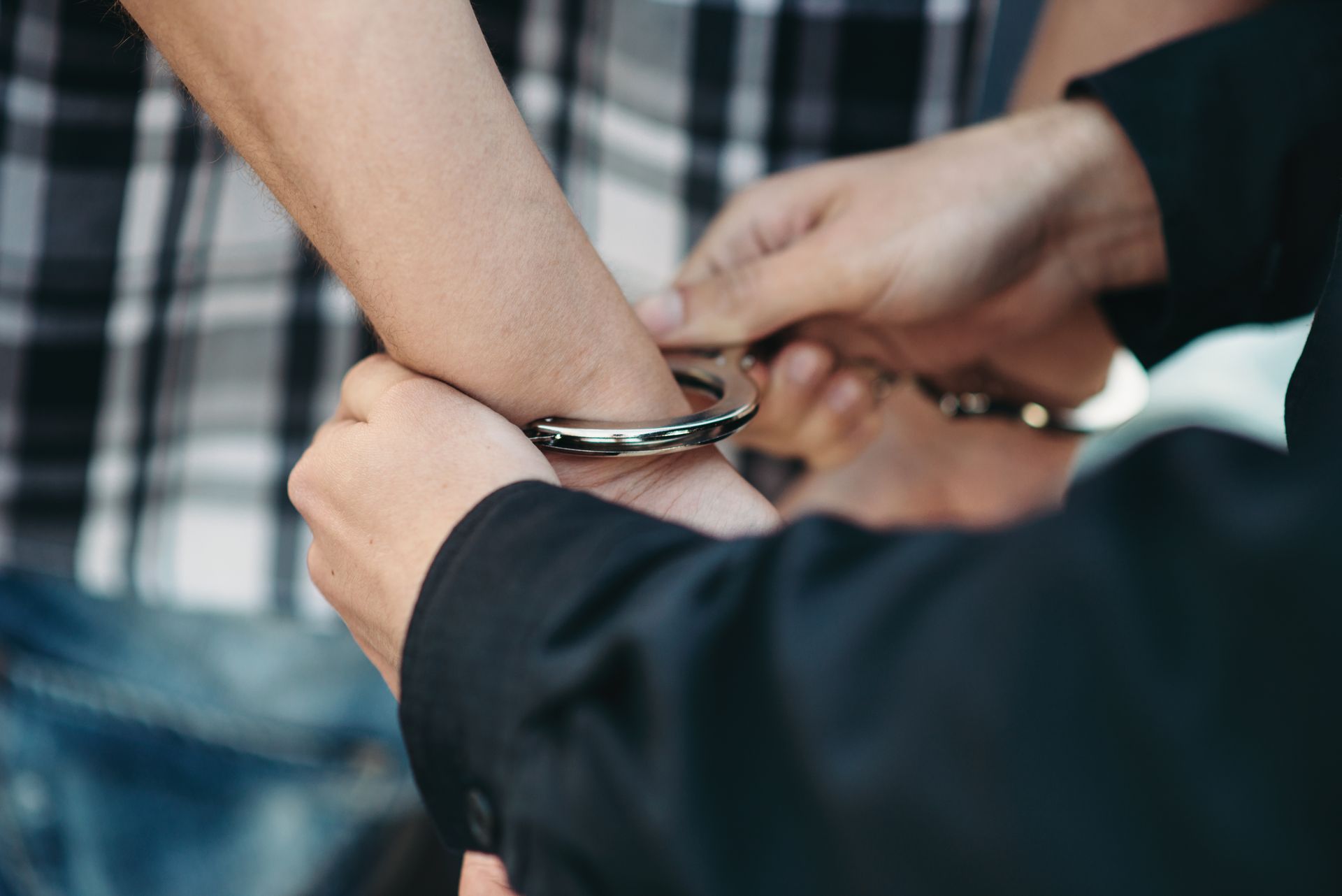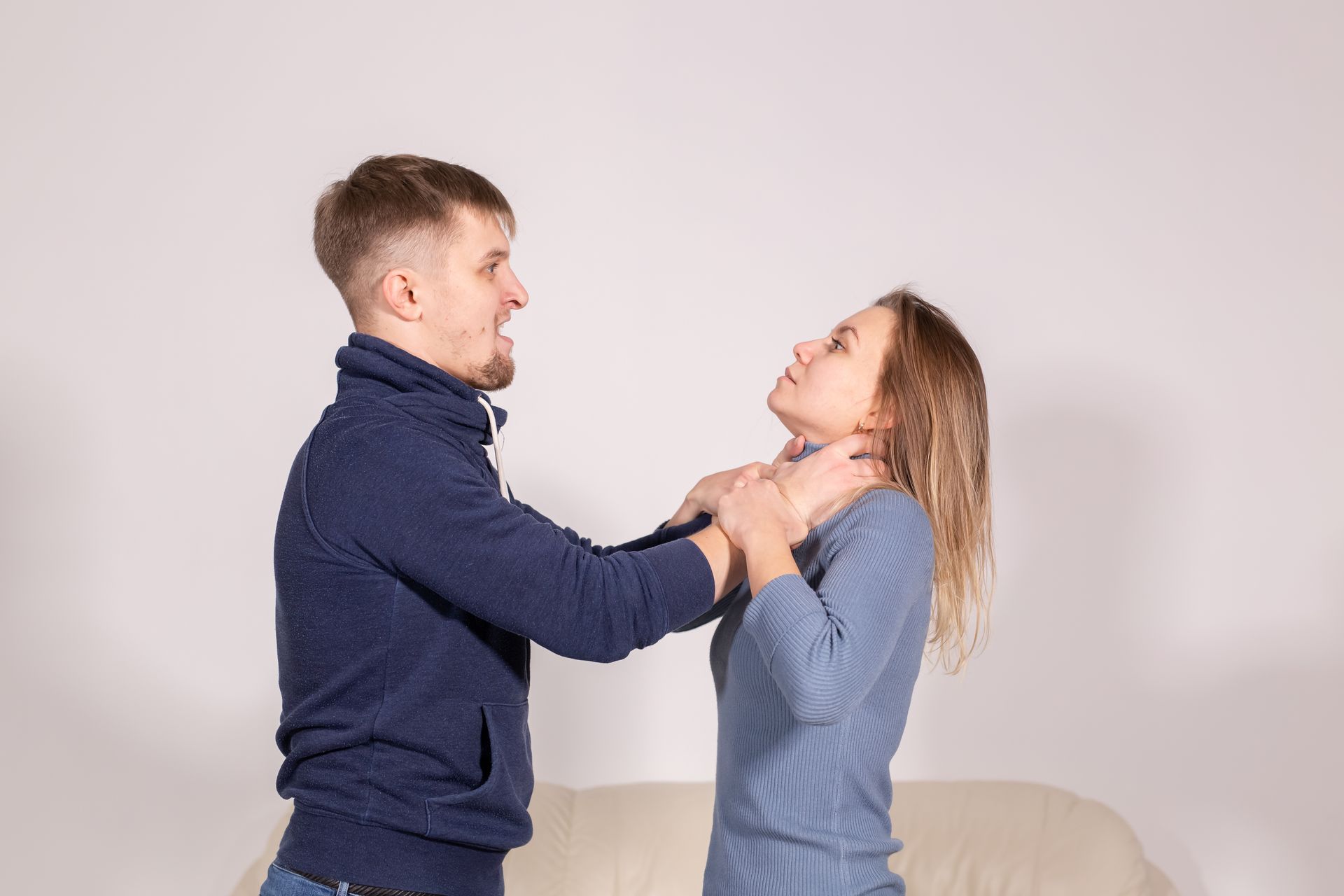Is It Legal to Stand Your Ground in Florida?
In recent years, Stand Your Ground laws have been at the center of heated debates and discussions across the United States. These statutes, which vary from state to state but generally allow individuals to use deadly force in self-defense situations without having a duty to retreat, have sparked controversy and raised important questions about the boundaries of personal protection and individual rights.
It is essential for citizens to have a comprehensive understanding of these laws, their implications, and how they can impact our communities. This blog will look into the complexities surrounding
Stand Your Ground laws, examining their origins, legal framework, and potential consequences on society at large. By shedding light on this issue, we can better navigate self-defense legislation while striving for justice and fairness within our legal system.
What Does it Mean to Stand Your Ground?
Florida's Stand Your Ground law, codified in
Florida Statutes Section 776.012, permits individuals to use force, including deadly force, in self-defense without the duty to retreat when they reasonably believe it is necessary to prevent imminent death or great bodily harm to themselves or others. This law, eliminates the obligation to retreat in any place where an individual has a legal right to be and provides a presumption of reasonable fear of imminent peril when force is used against an intruder unlawfully entering a dwelling, residence, or occupied vehicle. It also grants immunity from criminal prosecution and civil action for those acting under its provisions, although this immunity can be challenged in court.
The Origin of Stand Your Ground Laws
- Stand Your Ground laws trace their origins back to 2005 in Florida, where they were first enacted.
- These laws gained popularity quickly and have since been adopted by multiple states across the United States.
- The main idea behind these laws is that individuals have the right to use force, including lethal force, in self-defense without any obligation to retreat.
As Stand Your Ground laws evolved over time:
- They expanded beyond just self-defense within one's home to include public spaces.
- Some critics argue that these laws create a "shoot first, ask questions later" mentality.
- Proponents believe they empower citizens to protect themselves from harm without fear of legal repercussions for defending themselves.
Understanding the historical context and development of Stand Your Ground laws sheds light on both sides of this ongoing debate surrounding their implications on society.
Legal Considerations in Self-Defense Cases
In self-defense cases, individuals must consider both the legal and ethical implications of their actions. It is crucial to understand the laws surrounding self-defense in your state or country to ensure that you are acting within the boundaries of the law.
Reasonableness of Belief: Legally, the defendant's belief that force was necessary must be reasonable. Courts examine whether a reasonable person in the same situation would have perceived an imminent threat of harm. This assessment can be subjective and varies by jurisdiction.
Proportionality of Force: The force used in self-defense must be proportional to the threat faced. Deadly force is generally only justified when there is a threat of death or serious bodily injury. Disproportionate responses can result in criminal liability.
Immunity Provisions: Many self-defense laws include provisions that grant immunity from prosecution and civil lawsuits if the force used is deemed lawful. This can prevent lengthy and costly legal battles for individuals who acted in self-defense.
Burden of Proof: In self-defense claims, the burden of proof can shift depending on the jurisdiction. In some cases, the defendant must provide evidence of self-defense, while in others, the prosecution must prove beyond a reasonable doubt that the defendant did not act in self-defense.
Ethical Considerations in Self-Defense Case
Additionally, individuals must also consider whether their actions align with moral and ethical standards.
Moral Justification: Ethically, the use of force in self-defense must be morally justified. This involves considering whether the harm inflicted on the aggressor was necessary and the least harmful option available.
Protection of Innocent Life: The ethical imperative to protect innocent life often supports the right to self-defense. However, it must be balanced against the potential for misuse and the escalation of violence.
Vigilantism: There is an ethical concern that broad self-defense laws might encourage vigilantism, where individuals take the law into their own hands rather than relying on law enforcement and the judicial system.
By examining both legal and ethical considerations in self-defense cases, individuals can make more informed decisions when faced with a potentially dangerous situation. It is essential to prioritize safety while also upholding legal and ethical principles throughout any confrontation.
Hire Hanlon Law for Your Stand Your Ground Case in Orlando, FL
At
Hanlon Law, we have the best of the best criminal defense attorneys who are trained and ready for any tactic. A stand your ground case is serious and you need an
experienced attorney in Orlando, FL to be on your side. A criminal conviction can be life altering, but not all charges result in a guilty verdict. If you are in need of a criminal defense attorney,
contact us today.
Hanlon Law
300 S Orange Ave Ste 1160
Orlando, FL 32801
(407) 987-3836












